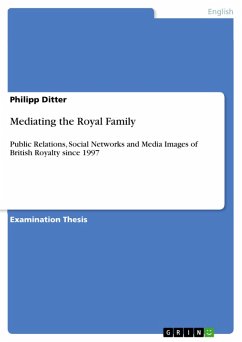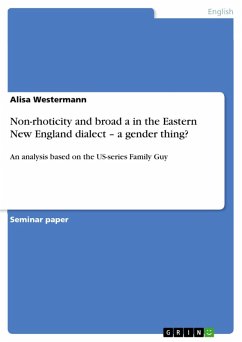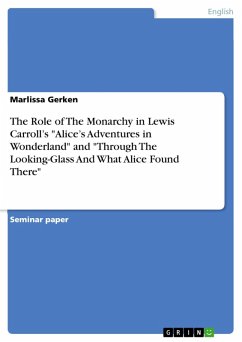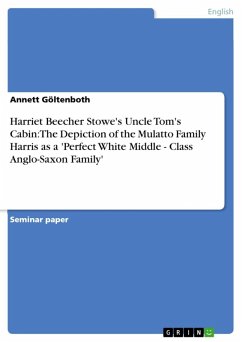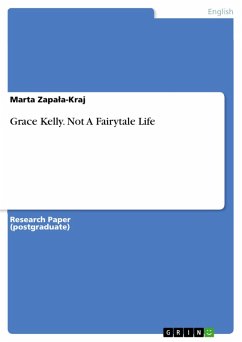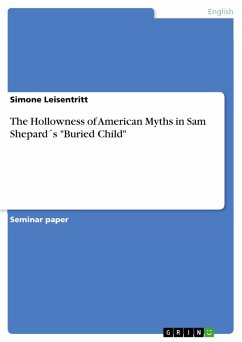Examination Thesis from the year 2013 in the subject English Language and Literature Studies - Other, grade: 13 Punkte (1,3), Justus-Liebig-University Giessen (Institut für Anglistik - Literaturwissenschaft), language: English, abstract: The British monarchy is one of the oldest in the world and therefore stands out due to its historical and traditional values. Although it seems that voices are often raised against the monarchical institution favouring the process of Europeanisation and the implementation of republicanism, opinion polls indicate that the British population and the citizens of the Commonwealth are in favour of a constitutional monarchy. This approval is apparent from mediatised public royal events as well as the reporting on royal matters. The public responds quite lively to such occasions, which indicates that the interest in the British monarchy still dominates the minds of the British and a worldwide population. The fame of the British monarchy is mainly due to a politically conservative British media system, which unreservedly supports the status quo and determinedly speaks out against arising tendencies of republicanism or trade unions (cf. Blain and O'Donnell 2003: 3). This behaviour of the British media has become both beneficial and disadvantageous for its subjects throughout the reign of Queen Elizabeth II, as the lives of the Royal Family's members have been extensively depicted in positive as well as in negative ways, which has led to an increased accessibility of a social circle whose private life is otherwise shielded from the public's attention. Therefore, it may be argued that the British monarchy and the media maintain a beneficial relationship, which is, however, rendered controversial if the unpleasant incidents in which the British media were involved are taken into account. As consumption is a characteristic of a postmodern society and culture, the media's targeted audience and its hunger for news of any kind is difficult to satisfy and is further prevented by a growing media industry (cf. Blain and O'Donnell 2003: 19), which "'serves a need' by spending so much time on, and devoting so much space to, royal phenomena" (Blain and O'Donnell 2003: 60). [...]
Dieser Download kann aus rechtlichen Gründen nur mit Rechnungsadresse in A, B, BG, CY, CZ, D, DK, EW, E, FIN, F, GR, HR, H, IRL, I, LT, L, LR, M, NL, PL, P, R, S, SLO, SK ausgeliefert werden.

